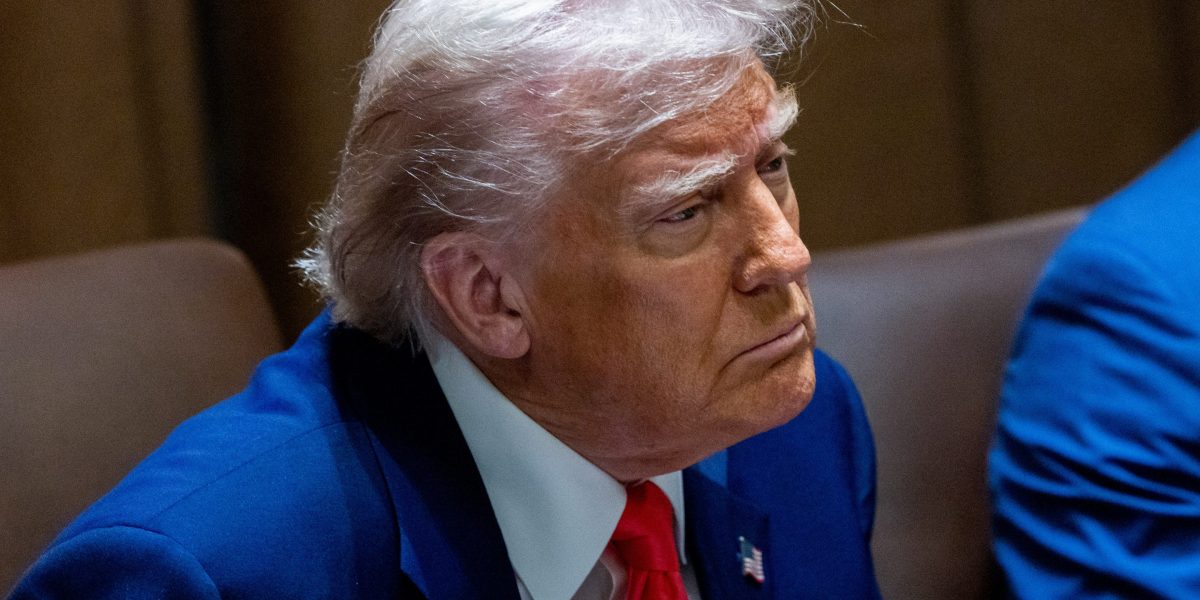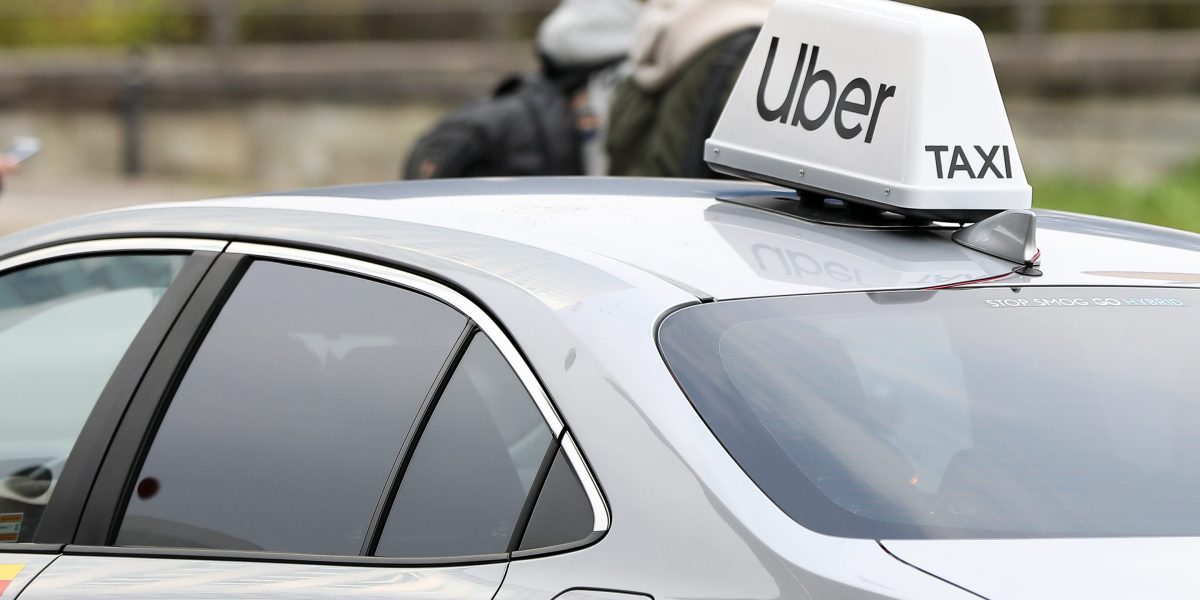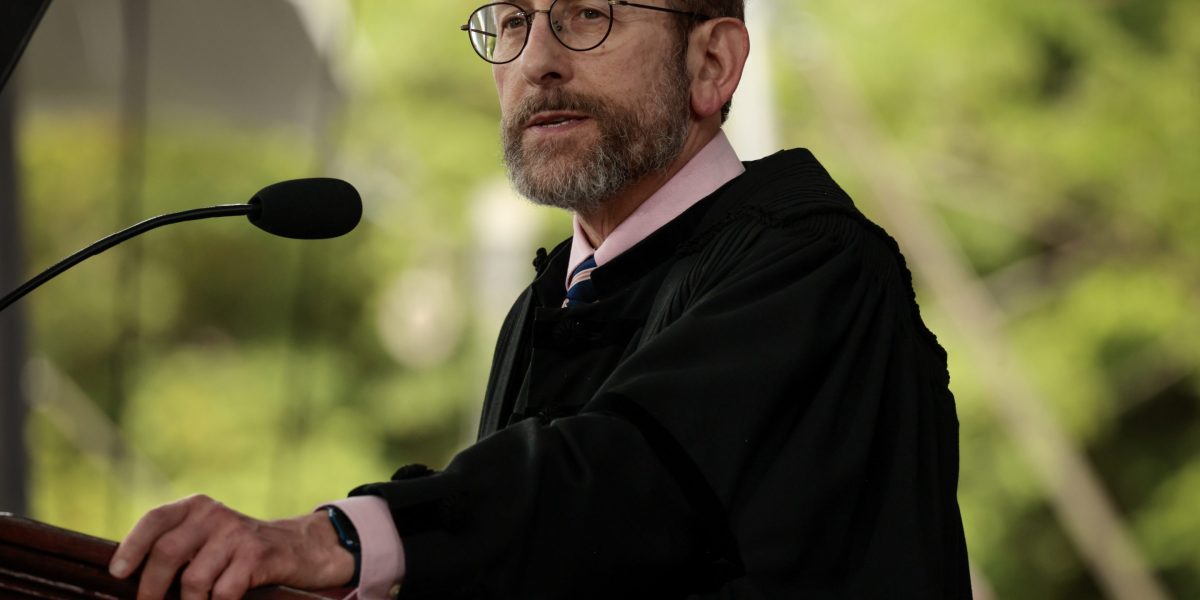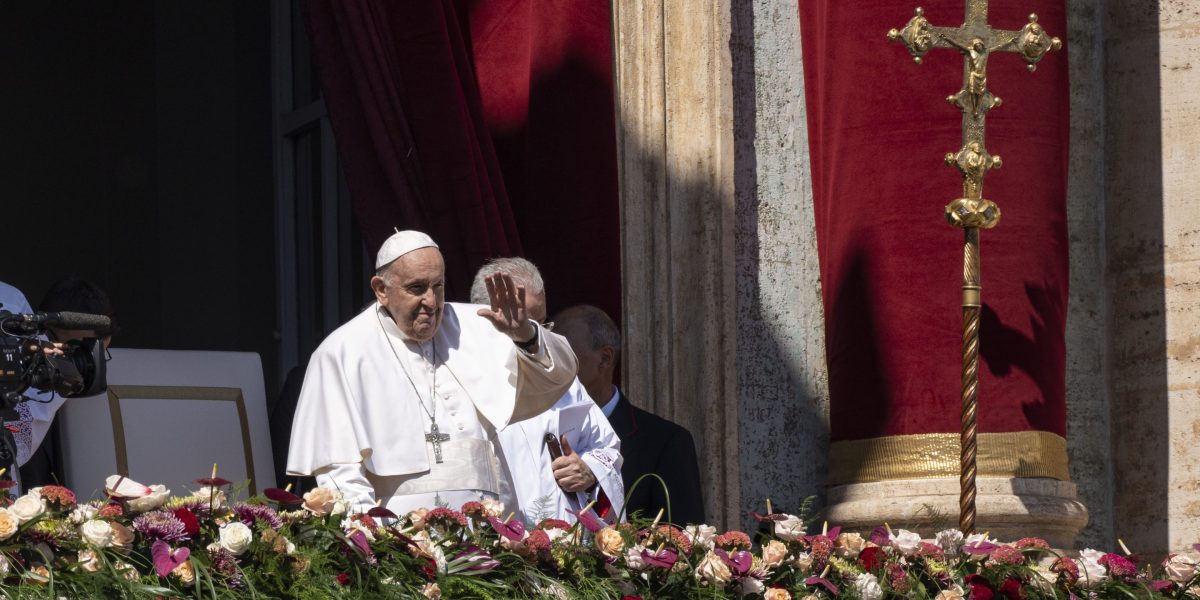- Pope Francis died on Monday, leaving behind a legacy of reform at the $6 billion Vatican Bank. Although founded to manage clergy and church finances in 1942, for years the organization had been tied to scandals, secrecy, and catastrophic financial deals. During Francis’ tenure, the bank improved transparency and centralized control of its finances to boost regulatory oversight.
Although he was billed an anti-capitalist by some, one of Pope Francis’ key accomplishments was a financial endeavor: his reform of the scandal-plagued $6 billion Vatican Bank.
Francis, who died on Monday at age 88, sought to reform the bank and the Holy See soon after he became Pope in 2013. Although it was created in 1942 with the goal of managing funds for clergy and church organizations around the world, for years, the Institute for the Works of Religion (IOR), commonly known as the Vatican Bank, was allegedly plagued by money laundering, corruption, and even mafia connections. The Vatican Bank had holdings of 5.4 billion euros, or $6.1 billion as of 2023.
Yet, during his pontificate, Francis, the Argentina-born Jorge Mario Bergoglio, spurred changes at the bank that helped root out corruption and bring more transparency to the organization’s inner workings. Thanks to work that began under Francis’ predecessor Pope Benedict XVI, the Vatican Bank in 2013 began releasing annual reports for the first time ever outlining its profit, operational costs, and charitable giving, among other details.
The bank’s management also got a revamp with Francis in 2014 diminishing the power of clergy members in economic affairs and appointing as head of the Vatican Bank Jean-Baptiste de Franssu, a french financier who was previously CEO of Invesco Europe. The 61-year-old de Franssu has served as president of the Vatican Bank since 2014.
Pope Francis also sought to increase transparency at the bank, complying with financial regulations and implementing stricter outside oversight during his tenure. The bank closed thousands of accounts in 2014 to bring the organization into compliance with international financial standards.
Implementing stricter control of the Holy See, Francis also ordered all Vatican departments to close their investment accounts and send their funds to the Vatican Bank. By centralizing the Vatican’s funds, Francis took financial power away from non-expert clergy and helped bring about stronger oversight by financial regulators of its holdings.
Pope Francis’ changes at the Vatican came in response to several scandals, including the collapse of Italy’s largest bank, Banco Ambrosiano, in which the Vatican Bank had a financial stake. The bank’s president, Roberto Calvi, was later found hanged under London’s Blackfriars bridge with pocketfuls of bricks as well as thousands in cash. Calvi had been accused of stealing millions belonging to the mafia. He was referred to as “God’s banker” because of his Vatican connections.
In addition, a Vatican financial adviser under Pope Pope Paul VI, Michele Sindona, also had ties to organized crime and dragged the Vatican into disastrous investments, including the collapse of his U.S.-based Franklin National Bank in 1974. At the time of his death, of cyanide poisoning at age 65, Sindona was serving a 25-year sentence for fraud.
Despite Francis’ efforts, the Catholic Church has still been rocked by some scandals.
The Vatican confirmed in 2022 that two former Vatican Bank directors were convicted for malfeasance at the organization. In 2023, a Cardinal was sentenced to five-and-a-half years in prison for embezzlement.
This story was originally featured on Fortune.com
Source link


 Politics8 years ago
Politics8 years ago
 Entertainment8 years ago
Entertainment8 years ago
 Entertainment8 years ago
Entertainment8 years ago
 Entertainment8 years ago
Entertainment8 years ago
 Tech8 years ago
Tech8 years ago
 Tech8 years ago
Tech8 years ago
 Tech8 years ago
Tech8 years ago
 Tech8 years ago
Tech8 years ago






